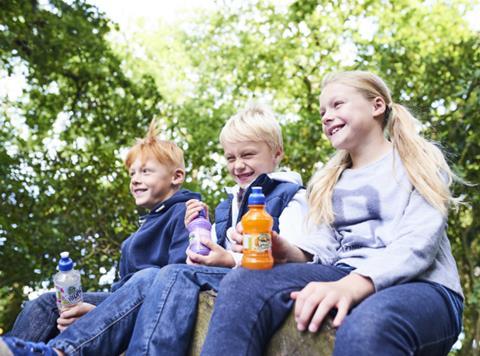
Robinsons maker Britvic (BVIC) has said an increased focus on low and no sugar brands could work to its advantage after a first half which was impacted by the closure of its Norwich factory.
The Pepsi distributor heralded a “strong first half performance” which saw revenue increase 4.5% to £733.2m.
Adjusted profits after tax at the drinks manufacturer rose 12% to £49.8m for the half-year ending 15 April.
However, £21.6m of costs related to its “business capability programme” – which included the shuttering of its factory in Norwich – hit headline earnings.
Profit after tax decreased 13.7% to £33.3m. Pre-tax profits fell from £50.1m to £41.8m in the period.
The company recorded particularly strong growth in the second quarter, overcoming poor weather in the UK, and absorbing Palmer & Harvey’s bad debt provision of £3.3m.
Despite the predicted impact of the soft drink levy in the UK, Britvic said it has “strong momentum” with Robinsons back in growth and PepsiMAX continuing to “perform well” in its competitive category.
Revenues were up 9.1% in UK carbonates to £294.9m and margin expanded by 180bp to 41.9%.
Its stills division has had a tougher time of late, with interim revenues dropping by 4.4% to £129.9m However, this decline slowed to 2.3% in the second quarter.
Britvic said it was particularly well positioned to benefit from a consumer shift to low and no sugar drinks.
“We are beginning to see an increased focus on low and no sugar brands, where Britvic has an advantaged portfolio, due to our long-standing reformulation and innovation programme,” it stated.
Britvic said it was “entering the soft drinks industry levy environment in GB with strong momentum”, noting Robinsons was back in growth and Pepsi MAX continued to outperform the cola category
CEO Simon Litherland added: ““While it is too soon to guide on the ongoing consumer impact of the soft drinks levy, early indications of the competitor and customer response are broadly as we anticipated. We have exciting commercial plans in place for the second half and I remain confident of continuing to make progress this year.”
He added: ““We have delivered a strong first half performance with solid revenue, margin and earnings growth. We have also made good progress in innovating to meet consumer needs, growing our international presence and transforming our supply chain.”
Britvic said it would “continue to invest in long term growth”. However, its capital expenditure will reduce to “more normal levels” in 2019 as it is in the final year of funding its restructuring programme.
Capital expenditure of £61.4m was down from £76.8m, but remains “elevated” due to the spend on its GB transformation.
Britvic shares were up 7.1% to 812.5p by later afternoon – the shares’ highest level since January having dropped as low as 657.5p in March.
Broker Mirabaud said the results were “well ahead of market expectations”, adding: “Compared to its peers Britvic remains a deeply unloved company… The track record of delivery, earnings growth, value creation all still receive precious little credit from the market.”
JP Morgan added: “The likely benefit Britvic will receive from the sugar tax should drive a re-rating of shares… Although the first few quarters following the implementation of the sugar tax may be somewhat volatile as retailers optimise their pricing strategies, we believe Britvic can be a beneficiary of the tax.







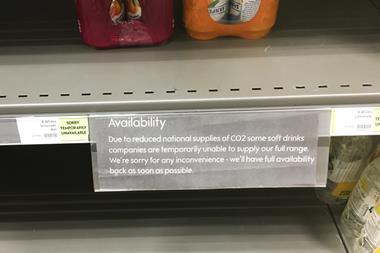

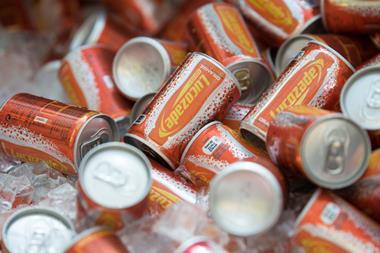
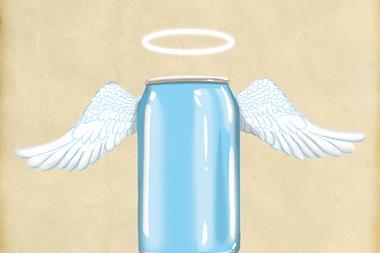
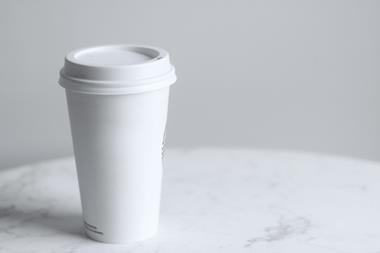
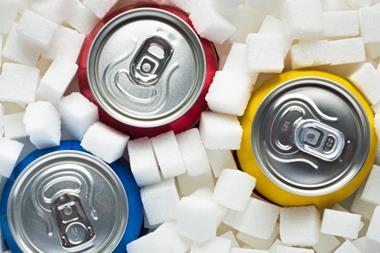






No comments yet